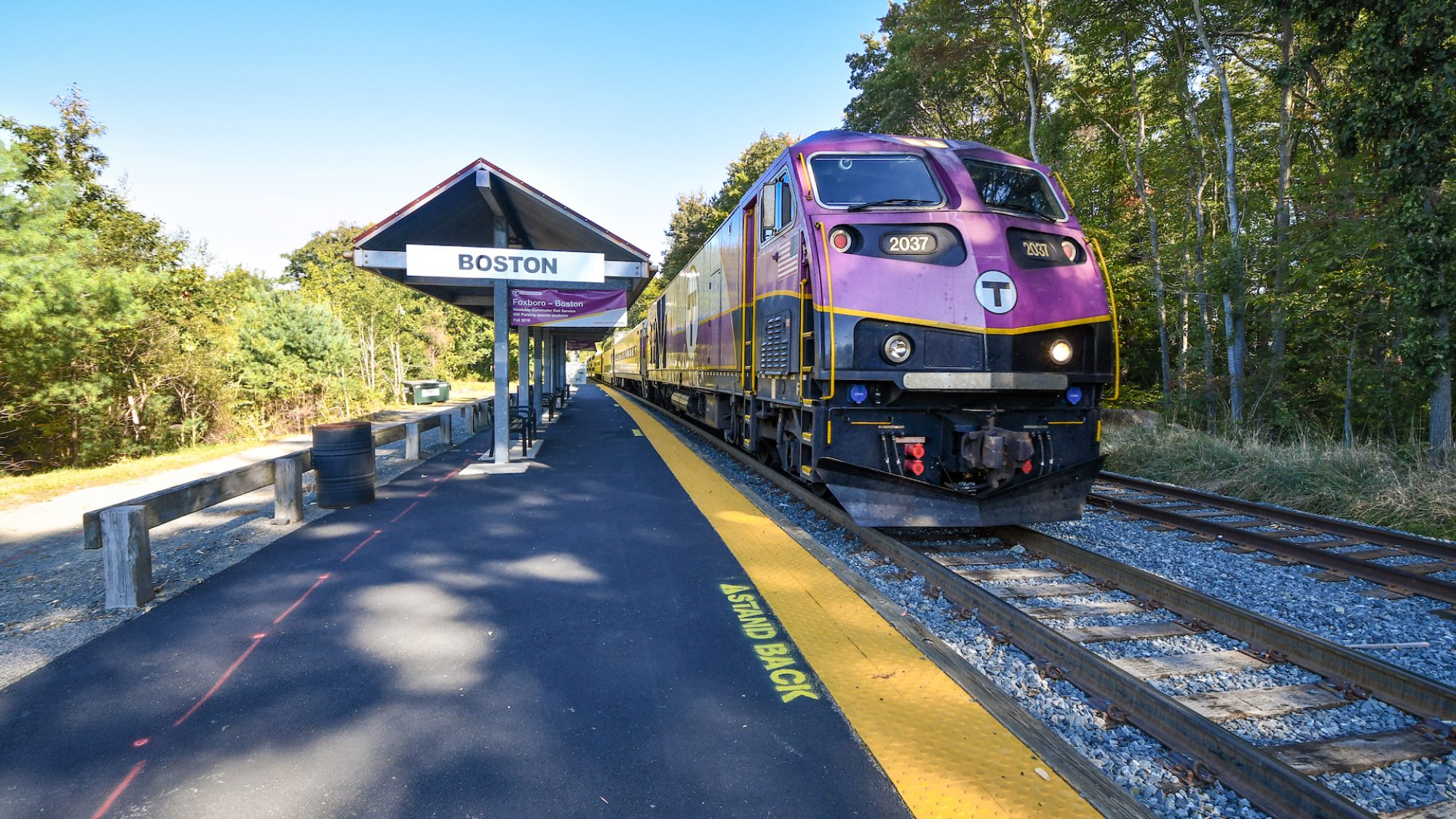I’m a car guy. But I’m also an advocate for public transportation, bike lanes and safer streets.
Most readers might do a double take at that statement, or shake their heads at the idea that car enthusiasts could play a role in the decarbonization of the transportation sector.
You might imagine a car enthusiast as someone who owns multiple cars with loud exhausts and big, thirsty engines. And I would not blame you, as that is how the culture of car enthusiasm has been portrayed in films, TV shows, and the like.
But in my mind, a car enthusiast is someone with a strong passion and appreciation for cars, deep know-how, an avid DIYer, and who is part of the community attending car meets (local Cars & Coffee events), track days, and online forums.
Car enthusiasm is not and must not be confused for car dependency. Being a car enthusiast who was equally comfortable at the local Cars & Coffee as well as the local bike/transit advocacy meet-up, I always thought I was in the extreme minority, and did not give much thought to this.
However, when my fellow MIT Mobility Initiative colleague David Zipper published this excellent interview with Matt Farah (Los Angeles resident and one of the biggest automotive personalities in the world) and his fight for walkable cities, that got me thinking.
What if there is a possible overlap between car enthusiasts and active mobility that we are missing, or dismissing? What if my journey from car guy to car guy plus transit and biking enthusiast wasn't one of chance, but something that has a logical flow and can be replicated by others too?
After some thought, I came up with the reasons outlined below, as to why this makes sense. Granted, this will not apply to many car enthusiasts, but given my time spent with this crowd, I think there is a sizable number who will see the sense in this, even if they immediately might not be able to go car lite.
Reason 1: Rush hour traffic is bad for engines
Any true car enthusiast will have a tremendous amount of mechanical empathy for all their cars, irrespective of what purpose that car serves - track day car, weekend car, show car, commuter car, off-roading car, and so on.
This means that they will dislike driving their car and subjecting it to the soul crushing stop-and-go traffic of a typical commute, which is taxing on most components of a typical internal combustion engine car – the gearbox, clutch, engine, and brakes. Many enthusiasts drive manual transmission cars (me included), which are more tedious to use in traffic.
EVs do solve most of these issues to a large extent, so many enthusiasts might actually get an EV for their commute if driving is the only option, which is a win in my books. Though, ideally, they will try to avoid any such drab drives by carpooling, taking ride-hail, walking, taking transit, biking and so on.
You may counter this by noting that car enthusiasts subject their cars to a lot of mechanical stress on track days, off-roading trails, and so on. That is true, but those are fun activities, unlike a commute, and enthusiasts work on their car extensively before and after any such event.
Reason 2: Our cars are special; the daily commute isn't
Car enthusiasts like each drive to be an event. A boring commute does not come anywhere close to satisfying that requirement. While they like spending time with their cars - cleaning them, waxing them, working on them, and yes, driving them, the drive needs to be special, not full of bumper-to-bumper traffic. Most of them, given reasons #1 and #2, will go out of their way to avoid driving during the AM/PM peak even if they had an EV which was better suited to stop and go traffic - hence they are good potential candidates for mode shifting to public transit, bikes, walking, etc.
Reason 3: 'One more lane' makes boring roads
Wait, so if they hate traffic, that means they would advocate for wider roads and more lanes? Here is why I don't think that is the case. While the occasional car enthusiast may have done their research and figured out that an extra lane does not solve traffic congestion in the long term, for most of them, the fact that they dislike driving on straight, wide, characterless highways, will be the real clincher. The "one more lane" policy hence will not appeal to them. A nice, windy, tight, sparsely travelled canyon road is something they will prefer any given day. They are also keenly aware that if they are stuck in traffic, then they are the traffic, and will go out of their way usually to avoid it, even if they must leave at 4:30AM on a Saturday morning to get to said canyon road.
Reason 4: Enthusiasts can potentially be safer drivers
This is age dependent, but most car enthusiasts after a certain age (I’d say 28), are very strict in adhering to the law. They love driving and would do everything in their capacity to keep their driver’s license and protect it with their life.
This means following the rules, not speeding, parking haphazardly, jumping signals and so on. Most car enthusiasts go to the track or drag strip to blow off steam, test the limits of their cars, and improve their driving capability.
Many also attend training sessions which are mandatory for most track days, which means the average enthusiast with a few track sessions under their belt will be a better trained and more aware driver (of their speed, of the behavior of other cars, of the road/weather condition) on the road.
Car enthusiasts are also very aware of the condition their car is in, and will take every effort to ensure that it always is in good nick, further reducing the chance of causing congestion – and increasing air pollution – with crashes and breakdowns.
By no means is this article meant to be a defence for all car enthusiasts and a song in praise of them. I am keenly aware of the nuisance some folks create with loud exhausts, speeding, doing donuts, and other illegal activities.
A lot of what I have said comes with age, maturity, and some amount of money, and that is not lost on me. The goal here is that even younger enthusiasts can read and perhaps look at incorporating some of this later in life, and for the non-enthusiast crowd to get inspired (if your car enthusiast friend is taking transit to work, then maybe you should give it a try too) and perhaps think of car enthusiasts in a different way - that they are not the problem, and can easily be made part of the solution.
Bhuvan Atluri is the Associate Director of Research at the MIT Mobility Initiative.






